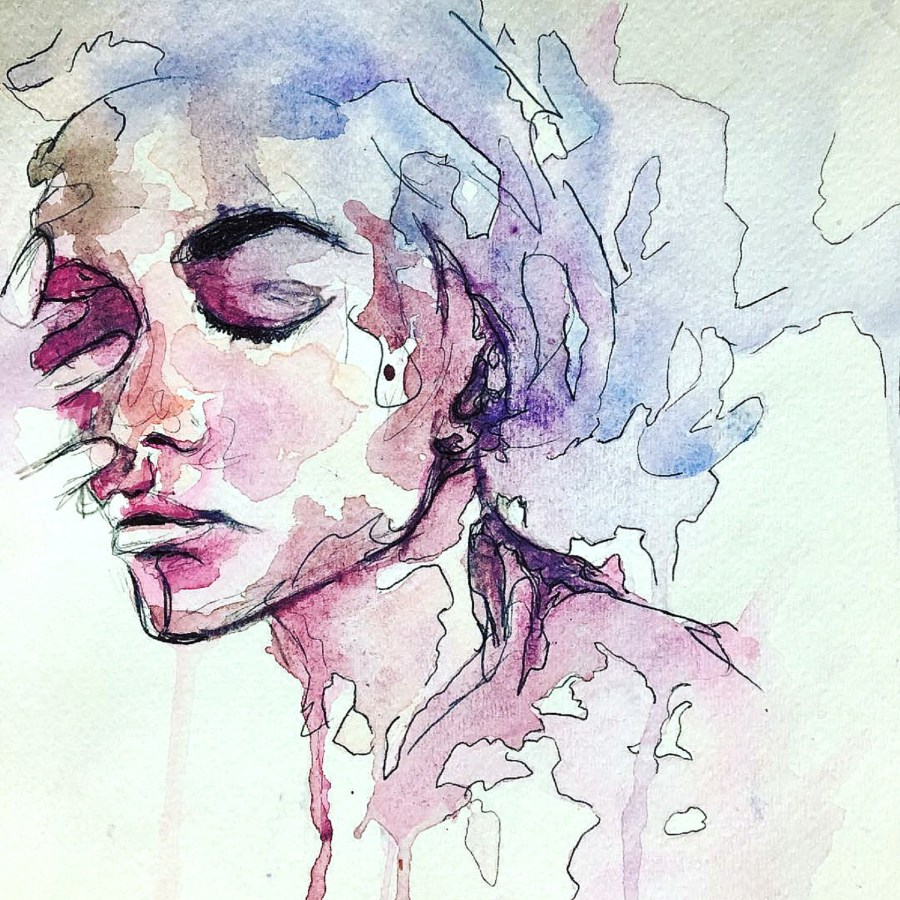Essay: Pride
By R.M. Harper
I smoothed the dress across my chest as the Pride Parade smiled, danced, and sang its way past San Francisco City Hall. It was the kind of summer day the world paints the Bay: seventy degrees, a kissing breeze, and not a cloud in sight. Parents carried children on their shoulders to watch the floats pass by. Would it be easier for them, knowing what they could be, or are we moving backwards through the decadence of our time?
Violet cheered the Chicanx parade group passing twirling, smiling, holding hands. Her outfit alternated pink-black, nails and denim skirt, fishnets, scales of silver eyeshadow, six-foot-two, a neon angel in combat boots. We were in the MFA program together at Saint Mary’s College, in East Bay. She was a good friend and a great Dungeon Master. I was glad she had offered to come with me: it was my first Pride.
Entering the Civic Center I took in the panorama pink and plural. There were booths all along the Civic Center selling stickers, candy, cock rings, clothes. The crowd was making its way toward the main stage where drag queens smiled scarlet to the heartbeat drum of the stereo bass. A masc voice called out to us as we passed by.
Read More



















